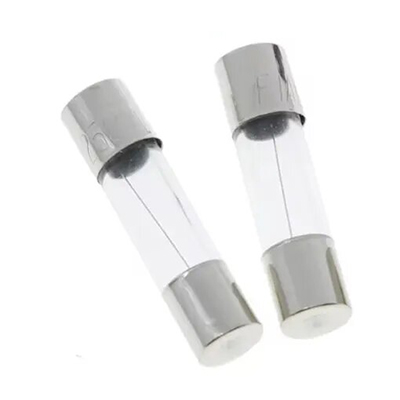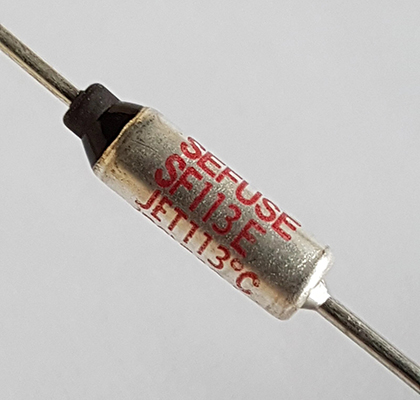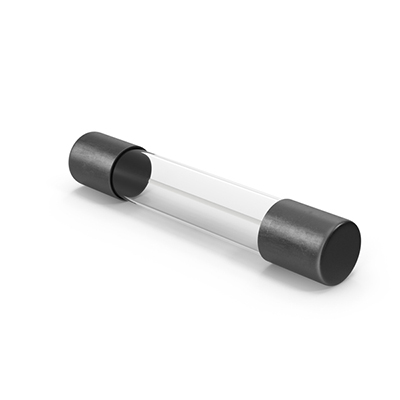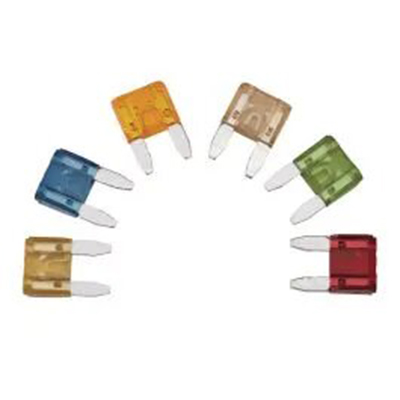Automotive Glass Fuse for 24V Vehicle Electrical Systems
News 2025-10-27
Automotive glass fuses are critical components in 24V vehicle electrical systems, providing essential protection against overcurrent and short circuits. These fuses feature a glass tube with a metal filament that melts when excessive current flows, interrupting the circuit and preventing damage to wiring and components. In 24V systems, commonly found in trucks, buses, and heavy machinery, glass fuses offer reliable safeguarding for various electrical circuits, ensuring safety and longevity. Their compact design and ease of replacement make them a staple in automotive maintenance and repair.

Applications in 24V Vehicle Systems
In 24V automotive applications, glass fuses protect critical systems such as lighting, ignition, and auxiliary circuits. They are widely used in commercial vehicles where higher voltage demands reliable overcurrent protection. For instance, in fleet trucks, these fuses safeguard the electrical network powering GPS units, communication systems, and hydraulic controls. Their transparency allows for easy visual inspection of the filament status, which is advantageous in field repairs. This makes glass fuses ideal for environments where quick diagnostics are necessary, enhancing operational efficiency in transportation and industrial settings.
Performance Advantages of Glass Fuses
Glass fuses excel in 24V systems due to their rapid response to overcurrent conditions, minimizing potential damage. Constructed with high-temperature glass and precise metal elements, they handle thermal stresses better than some alternatives, ensuring consistent performance. Key benefits include low resistance for efficient energy transfer and compatibility with standard fuse holders, reducing installation complexity. In automotive contexts, their durability against vibration and moisture contributes to longer service life, making them a cost-effective choice for protecting sensitive electronics in harsh conditions.
Frequently Asked Questions
1. What current ratings are available for automotive glass fuses?
They range from 5A to 30A, allowing selection based on specific circuit requirements.
2. Can these fuses be used in high-vibration vehicle environments?
Yes, they are designed with robust construction to withstand vibrations common in automotive applications.
3. How do glass fuses compare to ceramic fuses in 24V systems?
Glass fuses provide better visual inspection capabilities, while ceramic fuses offer higher temperature resistance, depending on the application needs.


